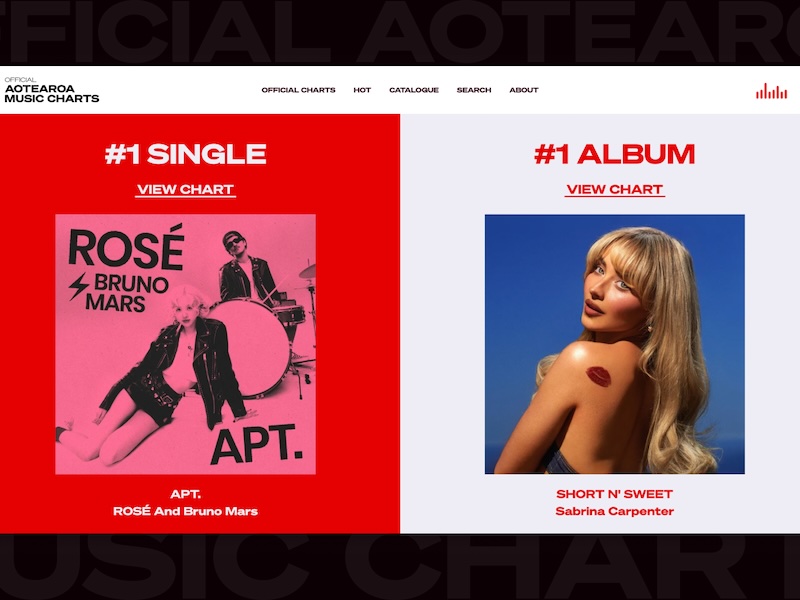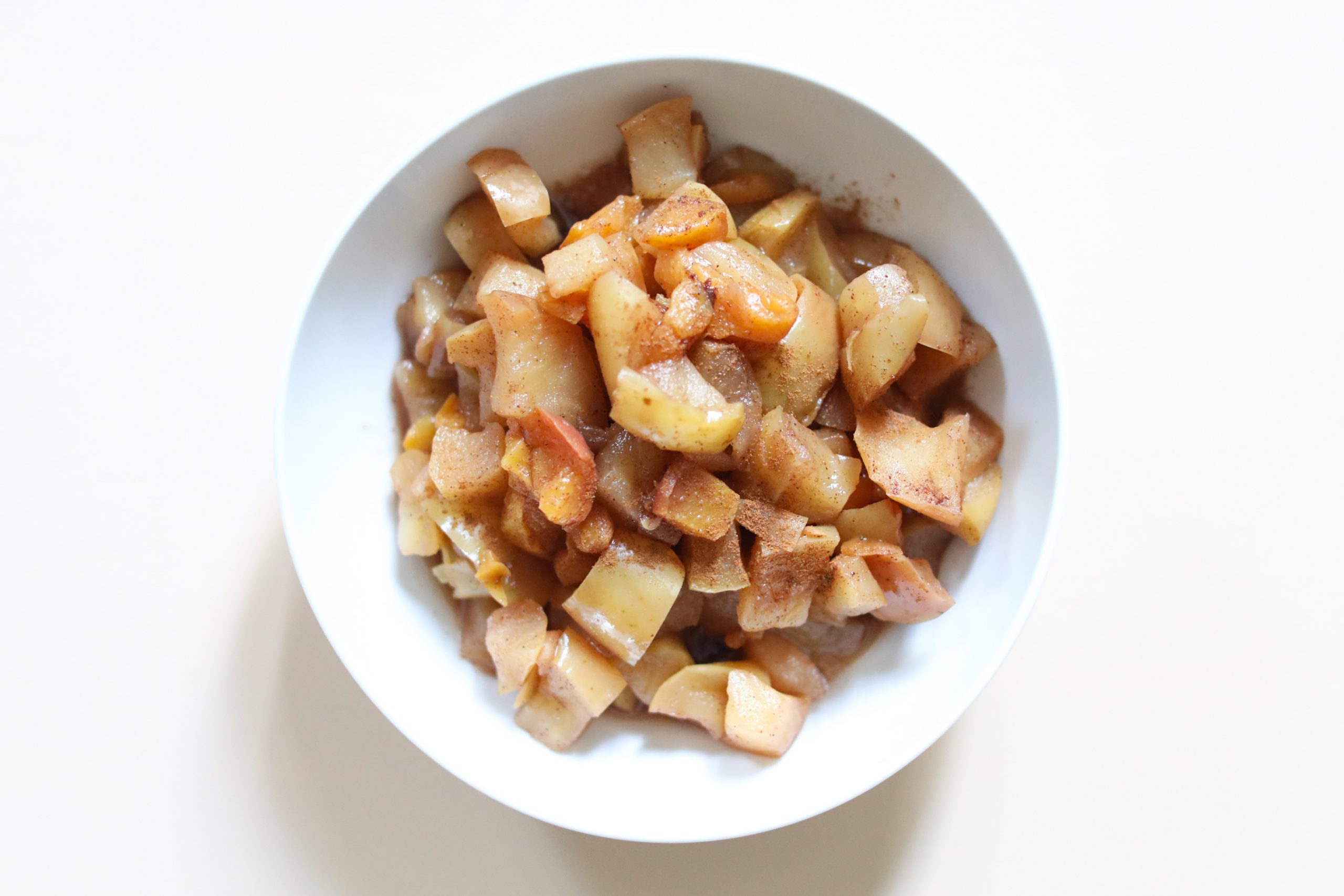Albanese expresses confidence in RBA governor Phil Lowe
Paul Karp
Anthony Albanese has expressed the government’s confidence in Reserve Bank governor Phil Lowe, who has been copping scrutiny this week for interest rate decisions, first in Senate estimates and today in the house economics committee.
The PM told ABC Melbourne:
He’s doing his job now and we have, we have confidence … the decision, has has not [been made about his reappointment] but he has the government’s confidence and the Reserve Bank, of course, makes these decisions independently and it’s very important that they be allowed to do that … But as for future appointments that decision will come down the track.
I’ll let the RBA do its own job. We have made it very clear that the government hasn’t come to a view on a reappointment in the future. We will have that discussion down the track that will be a decision for the treasurer. But our job we’re focused on our job which is making sure that we do what we can to do with the inflation challenge, which is out there.
Key events
Filters BETA
Lowe:
In broad terms, the RBA and many other central bank are managing two risks.
One is the risk of not doing enough, which would result in high inflation persisting, as I said earlier it would then be costly to bring it down later on.
So what is the risk of not doing enough? The other is the risk that we move too fast or too far and the economy slows by more than is necessary to bring inflation down in a timely way.
The path here is a narrow one. It is still possible for us here in Australia to navigate this narrow path, especially with inflation and wage expectations remaining contained and issues on the supply side continuing to be resolved.
Also possible that we get knocked off this narrow path. Not surprisingly, given the various uncertainties there are a range of views or the community where the main danger lies.
Inflation is damaging and corrosive, Lowe says
Lowe:
High inflation is damaging and it is corrosive. It hurts people. It puts serious pressure on household budgets and it erodes the value of people’s savings, and it increases inequality and it hurts most those on low incomes.
High inflation also damages longer-term economic performance, making the environment for business and households more uncertain, it makes it harder for firms to invest and if inflation does become ingrained in people’s expectations, bringing it back down is very costly.
History teaches us that once inflation becomes ingrained, the end result is even higher interest rates and greater unemployment to bring inflation back down, so it would be dangerous indeed do not contain and to reverse this period of high inflation.
Philip Lowe: interest rate rises ‘required’ to fight highest inflation rate in decades
Lowe is now speaking, saying he will begin by discussing why this increase in interest rates has been necessary and to discuss the outlook for the next couple of years.
At its core the rise in interest rates has been required to make sure that the current period of high inflation in Australia is only temporary. That is the job for the Reserve Bank of Australia as the country’s central bank. In the December quarter the inflation rate reached 7.8%.
That is the highest since 1990 and it’s too high, way too high. The inflation pressures were broadly based with the prices of almost three-quarters of the items in the CPI basket increasing by more than 4% last year, in underlying terms the inflation rate reached 6.9% in the December quarter.
Again, this is the highest rate in decades. It’s too high and it’s higher than we were expecting just a few months ago.

Peter Hannam
RBA’s Philip Lowe about to front his political overlords (of sorts)
Just two days after fronting a Senate estimates panel, Reserve Bank governor Philip Lowe gets a redux this morning with several fun hours before the House of Representatives’ economics committee.
Among the certain topics will be what he thought of yesterday’s jobs numbers for January, which saw losses in workers for two consecutive months.
The rise in the jobless rate to 3.7% was a bit of a surprise, but actually markets didn’t budge much in their hawkish view of rate rises to come:
Ahead of RBA governor Philip Lowe’s appearance before a House of Reps committee, investors were forecasting a 70% chance of a 10th cash rate rise in a row, come March 7th. They’re still forecasting a peak rate around 4.1% despite yesterday’s softish jobs numbers. pic.twitter.com/1dRTvTVosv
— @phannam@mastodon.green (@p_hannam) February 16, 2023
And ANZ joined NAB in predicting the RBA’s cash rate would max out at 4.1%, another sign that economists weren’t convinced those weaker jobs figures pointed to a turn.
Anyway, stay tuned for Lowe’s appearance.

Donna Lu
Lack of data on First Nations long Covid impacts
A public hearing is being held today for a parliamentary inquiry into the impacts of long Covid and repeated Covid infections.
First up was Dr Jason Agostino, a senior medical adviser at the National Aboriginal Community Controlled Health Organisation (Naacho), who expressed concern about a lack of coordinated data on how long Covid has affected First Nations communities.
He said:
It is clear that a high number of Aboriginal and Torres Strait Islander people are at higher risk of long Covid. Covid-19 infections are higher among Aboriginal and Torres Strait Islander people than non-Indigenous Australians and the immunisation coverage is lower, particularly among younger people.
The impacts of long Covid are also potentially more severe due to the high percentage living in poverty or with significant financial stress, the high percentage with high psychological distress and the high burden of chronic disease.
However, we have no clear evidence on long Covid cases amongst Aboriginal and Torres Strait Islander people – most jurisdictions have not shared data on presentations to their long Covid clinics by Indigenous status. Our primary care data systems cannot provide reliable or timely data, and no researchers have approached Naacho to partner with them on research into long Covid.
Victoria records 56 Covid deaths in week and 106 people in hospital
There were 3,344 new cases in the weekly reporting period, and nine people are in intensive care.
Going against the trend which has seen figures going down in Victoria, these figures show a rise from last week’s 2,941 cases and 52 deaths.
This week we reported 3,344 new cases with a daily average hospital occupancy of 106 and 9 patients in ICU.
56 deaths were reported in the past 7 days.
Our thoughts are with those in hospital, and the families of people who have lost their lives. pic.twitter.com/gcl4aPy7jn
— Victorian Department of Health (@VicGovDH) February 16, 2023
NSW records 51 Covid deaths in week and 844 people in hospital
There were 6,033 new cases in the weekly reporting period, and 23 people are in intensive care.
That’s down from 6,440 cases and 62 deaths last week, as the summer spike continues to ebb.
COVID-19 weekly update – Friday 17 February 2023
In the 7 days to 4pm Thursday 16 February:
– 6,033 new cases of COVID-19 have been recorded: 3,209 rapid antigen tests (RATs) and 2,824 PCR tests
– 51 lives lost pic.twitter.com/WhdgS9vfZI— NSW Health (@NSWHealth) February 16, 2023
PM reveals $3.4bn federal investment in Brisbane Olympics

Paul Karp
Anthony Albanese has revealed on 4BC Radio that $7bn will be invested into the 2032 Brisbane Olympics, including $3.4bn from the federal government.
Albanese said:
It’s going to be a fantastic event for Queensland that will cement Brisbane as a global city. All of the focus will be on the Olympics and Paralympics, but it will leave a lasting legacy of better infrastructure and better facilities.
Albanese cited upgrades to Sunshine Coast stadium, Barlow park Cairns, Brisbane aquatic centre, Toowoomba sports ground and a new venue, the Sunshine Coast indoor sports centre.
He said:
For Queensland, it’s an investment that will produce a return, with increased economic activity and increased visitors … It’s such a fantastic tourist destination and this will really showcase the state.
Australia and PNG on track to sign security deal
More from AAP on the meeting between Papua New Guinea and Australian ministers today in Canberra:
Australia and Papua New Guinea are on track to increase defence co-operation and sign a new security agreement by April.
The foreign ministers are co-chairing the 29th ministerial forum in Canberra on Friday, bringing together nine Australian ministers and 16 from PNG to discuss security, development and economic potential.
Defence minister Richard Marles lauded PNG as an important neighbour and security partner after an informal dinner between ministers on Thursday night.
“PNG is a profoundly important country for Australia, in so many ways, but security is definitely one of them. It’s a critical part of our national security landscape,” he told reporters in Canberra this morning:
A lot of the conversations I’ve had with my counterpart Win Bakri Daki is about thickening what is already a very strong relationship between our two militaries.
The negotiations in respect of this are very much on track.
Hot weather to continue
Heatwave conditions are forecast to continue today for parts of South Australia, Tasmania, New South Wales and Victoria. Some areas have already recorded more than 40C and Victoria has declared a total fire ban in the central and north central districts.
You can read more about those soaring temperatures here:

Caitlin Cassidy
PhD stipends questioned at Senate estimates
The Department of Education has suggested universities should “prioritise” how they allocate their funding, when questioned over punishing PhD stipend rates which languish below the minimum wage.
At Senate estimates on Thursday evening, Greens senator and spokesperson for higher education Mehreen Faruqi questioned a panel over how it was fair for students to be relying on the incomes of their partners or extensive savings to complete their PhDs.
PhD students are increasingly struggling to make ends meet with stipends falling well below the minimum wage … one of these PhD students was recently quoted in the Guardian saying the stipend is so low, if it weren’t for her partner her PhD in nuclear radiation simply wouldn’t have happened, and I know many researchers relate to this … what is the department doing, if anything, about this?
Secretary of higher education Tony Cook said it was part of the higher education accord process – which is due to submit its findings this year, with implementations to come into effect in 2024.
We have had a number of individual students who wrote … submissions. I can assure you the university accord panel is aware of the issue and will consider it in the next stage of consultation … that conversation is being discussed.
He said universities may not be “aware” of the funding they could provide under current arrangements, on top of the federal government stipend.
First assistant secretary of research at the Department of Education Dom English said the funding was “designed as a scholarship, not a wage” and as such wasn’t benchmarked to wages and was tax free – provided students didn’t earn too much additional income.
He said the range of stipend rates available to universities had been “substantially expanded” and some universities had moved to increase the wage.
Since 2017, universities have been able to top up the stipend to a maximum amount which rises with inflation.
There is an opportunity for universities to prioritise the support they offer to students. We are concerned to ensure the PhD pathway remains viable … we think there’s scope for the sector to take greater opportunity and flexibility as they’ve had for six years.
The minimum PhD stipend rate is currently $29,863 – just over two thirds of the minimum wage, and capped at a maximum of $46,653.
Flood victims given marching orders from Victorian site
Victoria’s purpose-build quarantine centre will close its doors as a flood recovery site, with residents given a little over a month’s notice to vacate, AAP reports.
The Mickleham centre in Melbourne’s outer north was set up as temporary emergency accommodation in mid-October after widespread flooding hit central and northern Victoria.
It has housed 255 residents so far and 44 from five local government areas remain on site.
They have been told to pack up and leave by the end of March, when the federal government-owned centre is handed back to the Commonwealth.
Remaining residents will be helped to return to their own homes or into alternative accommodation closer to home, such as private rental, social housing, hotels and caravan parks.
Emergency Recovery Victoria is working on a pilot program, allowing people to stay in caravans and modular homes placed on their own properties while repair and rebuilding work continues.
In addition, residents will be connected with a recovery support worker.
Emergency Services Minister Jaclyn Symes said people living on site are keen to get back to their home towns as quickly as possible.
Now the flood waters have receded and it’s safe to return, we’re helping everyone who’s staying at the centre to return to their communities – and we’ll keep providing support to everyone who needs it once they’re back in their communities.
We will continue to stand with flood-impacted communities for as long as it takes to recover from this extraordinarily tough event.

Paul Karp
PM spruiks Labor’s Aston candidate Mary Doyle
Albanese also talked up Labor’s candidate in the Aston byelection, Mary Doyle, who contested the seat at the 2022 election.
Albanese:
She’s a great candidate. She ran less than a year ago, since the people of Aston voted, and she received almost an 8% swing, so it’s now sitting around about 53% whereas it was above 60, I think, before the election. So she’s a great candidate, she works in the finance sector. She has lived in the eastern suburbs of Melbourne for a long period of time. She studied performing at Tafe.
She is someone who’s also had real-world experience with the health system. Mary got breast cancer when she was just 25. And going through that treatment and recovery has meant that she is a passionate advocate of Medicare.
And she’s got a couple of kids, she’s a single mum. And she’s someone who I think would make an outstanding member of parliament.
Albanese said it would be “a pretty tough ask to win a position from government during a byelection”, noting this had not been done for 100 years.
He said:
We think that it’s the right thing to do to contest the byelection. So of course the Liberal party will be hot favourites if they get around to selecting a candidate. There’s a bit of chaos on the other side at the moment, in the Vic branch, I think.
But we are very early on selecting our candidate. Mary was preselected unopposed because the locals really wanted her to run again. Alan Tudge announced his resignation last week but he hasn’t actually resigned yet. So the byelection date hasn’t been established, I’m not quite sure what’s going on there. But when it is called, Mary Doyle will be the candidate.
Albanese expresses confidence in RBA governor Phil Lowe

Paul Karp
Anthony Albanese has expressed the government’s confidence in Reserve Bank governor Phil Lowe, who has been copping scrutiny this week for interest rate decisions, first in Senate estimates and today in the house economics committee.
The PM told ABC Melbourne:
He’s doing his job now and we have, we have confidence … the decision, has has not [been made about his reappointment] but he has the government’s confidence and the Reserve Bank, of course, makes these decisions independently and it’s very important that they be allowed to do that … But as for future appointments that decision will come down the track.
I’ll let the RBA do its own job. We have made it very clear that the government hasn’t come to a view on a reappointment in the future. We will have that discussion down the track that will be a decision for the treasurer. But our job we’re focused on our job which is making sure that we do what we can to do with the inflation challenge, which is out there.
Summit to focus on First Nations children
Social services minister Amanda Rishworth says First Nations children, as well as children with a disability and those from culturally and linguistically diverse backgrounds will be a priority at the early years summit today.
She told ABC Radio:
There is a significant focus as we have discussion on those children that are most at risk of falling behind and not getting support.
First Nations children are absolutely one of those groups of people that we don’t see the outcomes we need to see. And so there is a significant focus today at the summit and how we can best lift those that are most at risk of falling behind.
And so there will be a focus, particularly on First Nations children, as well as for example, children for culturally and linguistically diverse backgrounds, and children with disability.





















Discussion about this post